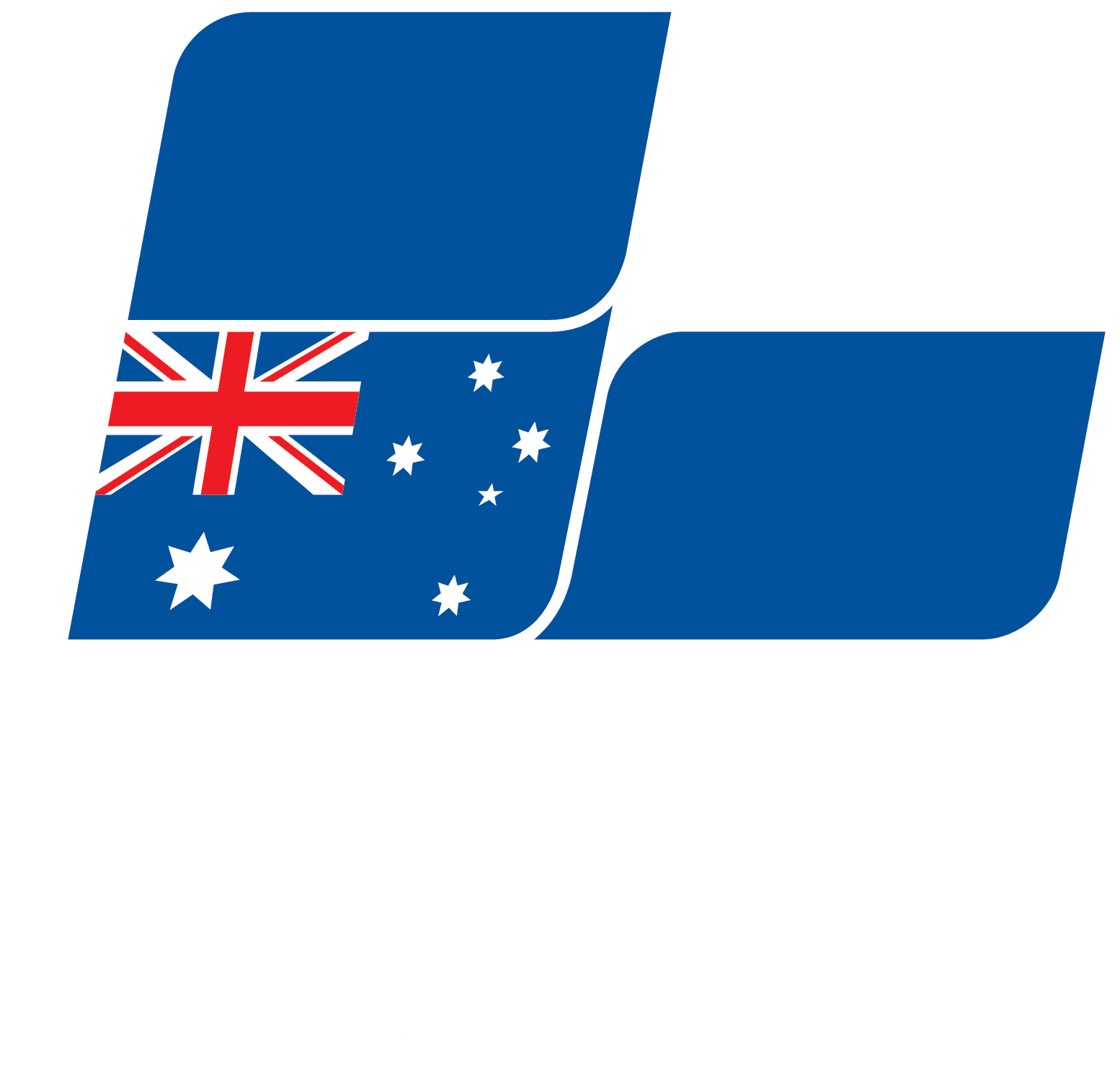Senators Statements – PNG Elections – 9 August 2017
Senator REYNOLDS (Western Australia) (12:45): Australia is a close and longstanding partner to Papua New Guinea. Papua New Guinea is a country that I have visited many times over the last decade and I have come to develop a great affection for. From the 25 to 30 June, I had the great privilege of representing the Australian government as one of four Australian observers to the 2017 PNG elections.
I would like to start by warmly congratulating Papua New Guinea on the successful conduct of their ninth election since independence. I also congratulate all 111 successful candidates who were elected, and also Peter O’Neill on his re-election as Prime Minister. I was accompanied by my Senate colleague, Senator Moore, and also MPs, Andrew Laming and Cathy McGowan. I spent my time between two provinces. The first was the Eastern Highlands and the second was the Gulf Province—two very rich and wonderfully diverse communities and societies with two very different approaches to democratic elections.
This observer mission demonstrates Australia’s commitment to supporting Papua New Guinea’s democracy and the observations of all four of us will inform Australia’s ongoing support to strengthen PNG’s electoral systems. Geographic proximity and also our deep historical ties have given Papua New Guinea a very special place in Australia’s foreign relations, and our bilateral relationship is certainly one of the most complex and wide-ranging with any nation. We are increasingly working together to strengthen governance in line with PNG’s own policy priorities. Australia’s official development assistance to PNG last financial year was over $500 million.
Having supported Australian programs—this is myself—to encourage female candidates, but also to strengthen political parties in PNG, on a very personal level this election provided mixed results in both areas. It was wonderful to see the evolution of political party administration and professionalism in Papua New Guinea. I would like to congratulate my friend, Dr Alphonse Gelu, for his tireless commitment to this cause over many years. But it was personally very disappointing to see that not a single woman will now sit in the PNG’s next parliament. For this election, Australia provided training for a quarter of all female candidates standing for election in Papua New Guinea. That is 42 out of 165 women who stood at this election.
I would like to take this time to commend the outgoing female members of parliament, Delilah Gore, Julie Soso and also Loujaya Kouza for the important contribution they have made to Papua New Guinea’s democracy, and I have no doubt that they will continue the work in encouraging more women to stand, and be in a position to win, in five years’ time.
Our longstanding support for the Papua New Guinea Electoral Commission has also helped enable implementation of practical measures for women who are voting, and to do so in a way that is unimpeded by others at the booth. One of those in particular was the advent of a separate line for men and women going into the polling booth. I was very pleased to see at most of the polling places I went to that this was observed—in a number of different ways, but it was observed—and I think it was of benefit to a number of the women who were seeking to exercise a free vote.
Papua New Guinea is without question an endlessly fascinating and complex nation where locals will always tell you to expect the unexpected. On my return from Papua New Guinea, I was more convinced than ever that Australians would benefit from a bit more of the spirit of Papua New Guineans. That is, a spirit, a passion, for democracy. I think all of us here in Australia would be far better from a little bit more of that spirit of Papua New Guinea, and not being afraid of having robust and passionate debates of issues of importance and importance to our democracy.
The Papua New Guineans whom I know, my friends, all have wonderful senses of humour, a generosity of spirit, deep religious beliefs and a great love of and connection to family and to tribal lands. One of the things that I greatly admire in Papua New Guineans is that, over centuries, they have developed the ability to robustly and respectfully debate important issues within their communities but also then accept a consensus community decision. The tough subsistence living of so many, which I again witnessed on this visit, is unimaginable to most Australians today. But it does make Papua New Guineans an incredibly resilient and endlessly patient society. With over 1,000 tribes and 800 language groups, they also mostly manage cultural and ethnic diversity very well, albeit still with the occasional clan and tribal skirmishes.
Ultimately, however, what unites the nation of Papua New Guinea is a deep love for family, community, rugby and participating in elections. It unites the entire nation. Despite the well-documented problems with the administration and conduct of the election, there has been a result, and PNG democracy will continue to survive, but I believe it will evolve in a very distinctly Papua New Guinean fashion. In a way, what I saw there was that it is evolving and adapting classical democratic concepts and processes and merging them with tribal traditions to meet their own needs and requirements in the 21st century. I definitely saw this in action in a number of communities in the Eastern Highlands. All of this is not to underplay the significants socio-economic challenges Papua New Guinea still faces. PNG society, like society elsewhere in the world, is changing. Urbanisation is putting strain on traditional cultural values and family and societal structures, norms and support.
Responsibility for delivering this election lies with the Papua New Guinean government. In line with the Papua New Guinean electoral processes, and the expectations of the Papua New Guinean people, the PNG Electoral Commission was led by Commissioner Gamato, who I have to say had a very challenging role in delivering this election. Australia worked very closely with PNG to support the delivery of this election, including assisting the Papua New Guinea Electoral Commission with wide-ranging logistical support and training of electoral staff.
The Papua New Guinean terrain and the dispersal of communities mean that it is one of the most logistically challenging locations in the world in which to conduct an election. I was very proud, when I was up there, to see the ADF helping with transport. They transported over 90 tonnes of material, nearly 1,000 local election staff and over 600 members of the Papua New Guinea Defence Force who were involved in election delivery. It was great to see over 200 Australian personnel up there, quietly but very effectively providing air assets to transport materials and people to over 18 airfields—some of the most challenging to get to in the world.
I had the pleasure and the honour of meeting with the ADF personnel deployed on Operation Hannah, the ADF’s contribution to supporting the PNG elections. I was honoured meet with Operation Hannah headquarters staff at Murray Barracks and thank them for the valuable work they were doing to contribute to Papua New Guinean democracy. The operation also, significantly for Australia, provided an environmental understanding for us in the lead-up to APEC 2018 and the Bougainville referendum, which we are committed to supporting. That the ADF was able to undertake such a significant operation overseas whilst simultaneously delivering effectively all other overseas operational deployments, but also Exercise Talisman Sabre, is a real testament to the enhanced operational capabilities of today’s ADF. I congratulate them all.
I would like to finish by thanking Heather Murphy from DFAT, who was my liaison officer throughout the observer mission. She succeeded in not losing a senator in the highlands of Papua New Guinea. I thank her very much for that and for her professionalism and commitment. I also thank the High Commissioner, Bruce Davis, and the Deputy High Commissioner, Bronte Moules, both of whom provide very professional and very wonderful support. They do Australia proud, they and their team, in their support of the Australian government in Papua New Guinea.
The Australian government looks forward to a productive working relationship with Prime Minister O’Neill and Papua New Guinea’s new government and parliament. I wish the new government well. I will do all I can personally to support the Australian government’s continued work with the Papua New Guinea Electoral Commission to further strengthen electoral administration, particularly in relation to voter identification; to strengthen the integrity of the common roll; and, of course, to work with their women.


